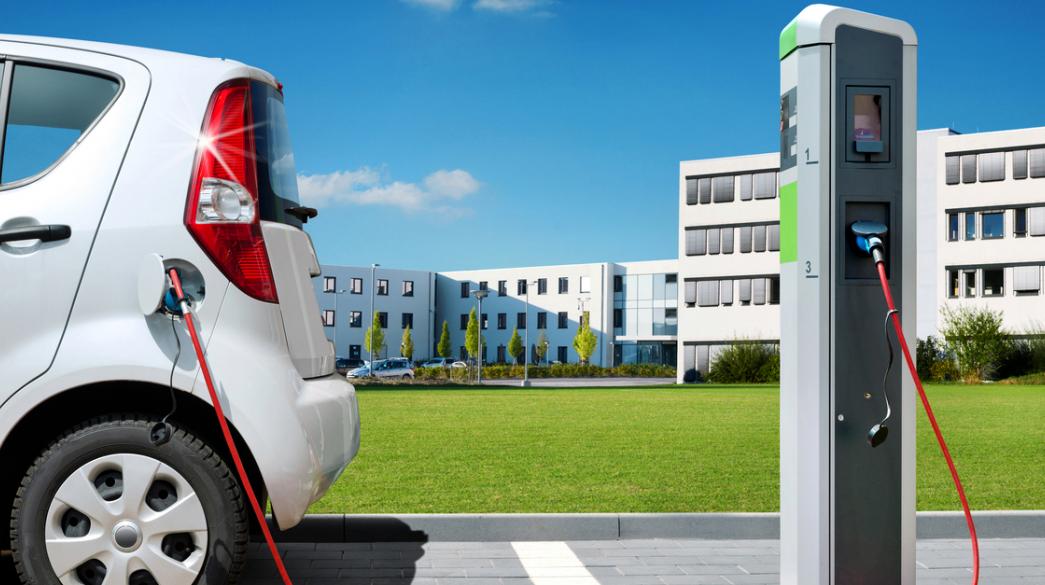Greece is planning a complete shift to green forms of energy, while eliminating of all sources of energy that cause pollution, based on the new environmental law, Prime Minister, Kyriakos Mitsotakis, told his ministers today.
The key points that he emphasized in the cabinet meeting were:
- From 2023, all new houses being built will be banned from having oil burners, wherever there is an adequate natural gas network.
- From 2025 all new taxis in Athens and Thessaloniki, but also 1/3 of the rental vehicles, will be either electric or zero emission vehicles.
- From 2030, the sale of new cars with internal combustion engines will be banned (it is noted that the goal set by the European Union is for 2035 and Greece is adopting a more ambitious goal).
It should also be noted that, according to sources, the goal to reduce greenhouse gas emissions by 55% by 2030 is becoming a legal commitment while the next goals are an 80% reduction by 2040 and zero emissions in 2050.
At the same time, polluting sectors, such as buildings, transportation and power plants, will have "emission ceilings" and specific commitments to decarbonize them.
Additionally, the creation of an observatory for the monitoring of emissions is moving ahead, to help annual reports for monitoring purposes.
As the Prime Minister pointed out, one of the main goals of the government is to turn Greece into an energy hub. "At the same time, we are leading the way in investments in renewable energy sources and in electricity, but at the same time - and I want to emphasize this - we are also becoming a hub for the transfer of clean energy to the Mediterranean," he said.
Referring to the general environment policy, the Prime Minister also noted the special importance of the climate law "which the country is acquiring for the first time", but also "the new framework for production and storage of electricity from clean sources, with an emphasis in offshore wind farms". as well as the "transformation of the hydrocarbon management authority". He also referred to the national plan of circular economy for the four years 2021-2025.
"We are talking, therefore", as Mitsotakis stressed, "about a multi-level, coherent program that leads Greece to the new era with goals and schedules. In a development that, on the one hand, will offer clean and cheap energy but at the same time will also offer many, good new jobs and a better quality of life to the citizens.
It is a necessary choice in the midst of the climate crisis, but it is a choice synonymous with the progress of the country and the prosperity of society. The new framework obviously serves our country's commitments, which I had the opportunity to reiterate on Monday at the UN summit. Greece remains a European protagonist in cutting its reliance on polluting lignite. I remind you that by 2023 at the latest, all the old polluting units of PPC will have been closed and by 2028 at the latest - this date may come earlier - we will be completely independent from the use of lignite."









